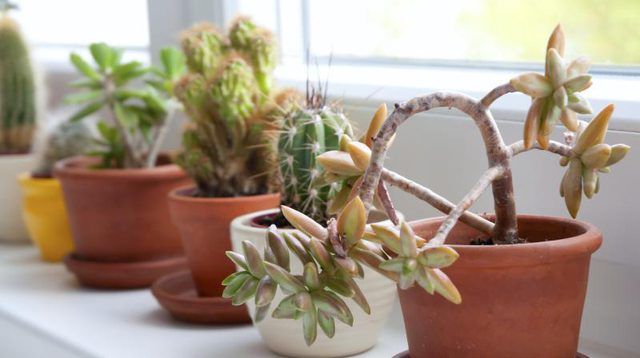Bulbs
Flower Basics
Flower Beds & Specialty Gardens
Flower Garden
Garden Furniture
Garden Gnomes
Garden Seeds
Garden Sheds
Garden Statues
Garden Tools & Supplies
Gardening Basics
Green & Organic
Groundcovers & Vines
Growing Annuals
Growing Basil
Growing Beans
Growing Berries
Growing Blueberries
Growing Cactus
Growing Corn
Growing Cotton
Growing Edibles
Growing Flowers
Growing Garlic
Growing Grapes
Growing Grass
Growing Herbs
Growing Jasmine
Growing Mint
Growing Mushrooms
Orchids
Growing Peanuts
Growing Perennials
Growing Plants
Growing Rosemary
Growing Roses
Growing Strawberries
Growing Sunflowers
Growing Thyme
Growing Tomatoes
Growing Tulips
Growing Vegetables
Herb Basics
Herb Garden
Indoor Growing
Landscaping Basics
Landscaping Patios
Landscaping Plants
Landscaping Shrubs
Landscaping Trees
Landscaping Walks & Pathways
Lawn Basics
Lawn Maintenance
Lawn Mowers
Lawn Ornaments
Lawn Planting
Lawn Tools
Outdoor Growing
Overall Landscape Planning
Pests, Weeds & Problems
Plant Basics
Rock Garden
Rose Garden
Shrubs
Soil
Specialty Gardens
Trees
Vegetable Garden
Yard Maintenance
Windowsill Extender for Plants
Windowsill Extender for Plants. An indoor garden is as close as your windowsill, but many sills are too shallow to hold more than a few small pots. A windowsill extender gives you more plant-growing room so you can be more creative with your garden arrangement. Not all sill extenders, or windows, are created equal. So take the time to explore your...

An indoor garden is as close as your windowsill, but many sills are too shallow to hold more than a few small pots. A windowsill extender gives you more plant-growing room so you can be more creative with your garden arrangement. Not all sill extenders, or windows, are created equal. So take the time to explore your options and your needs before settling on a design.
Premade Options
Manufactured windowsill extenders come in a variety of standard lengths, widths and finishes that you can match to your home. They vary from permanent installations to temporary styles. If the idea of drilling holes in your windowsill or wall isn't appealing, then an extender designed with angled legs that rest against a wall to form a brace is a better option. A permanent extender requires the installation of brackets into the wall studs beneath the window. If an extender isn't permanently fastened to a wall or sill, then position your plants carefully so the extender doesn't become stressed near an edge and collapse. If pets or children are present and could pull down an extender, then a permanently installed extender is a safer option.
Homemade Version
If the window isn't a standard size, then a homemade windowsill extender may be your only choice. Create a custom-sized sill extension by cutting a laminate board to the sill's length and setting it on top the sill. Screwing metal shelf brackets into the laminate board and into the wall studs beneath the window makes a sturdy support, and the laminate board resists water damage. You can alter the design to fit your window, but the brackets must be secured well so the shelf doesn't collapse under the weight of plants.
Alternative Solutions
You can keep the project simple by placing a low shelf or bookcase in front of the window and using it as a windowsill extension. Choose a shelf or bookcase with a top the same height as the windowsill. Plant space can be added elsewhere, too. Glass plant shelves resting on brackets screwed into the window frame will extend your plant-growing space upward instead of outward, with the column of shelves along the length of the window; that arrangement maintains the window's original profile. Space the shelves so your plants have room to grow to their full sizes without touching the shelf above them.
Concerns and Tips
Extending your windowsill isn't always a good solution. The University of Minnesota Extension cautions that windowsills are often one of the cold areas of a home, and that they may not receive adequate sunlight for healthy plant growth. Use a windowsill extension only if the window receives sufficient light for plants; usually a sufficient amount is available through an east- or a south-facing window. The window also should be well-sealed against wintertime drafts. Plant foliage shouldn't touch window glass. Water damage from the plants is also a concern. Drip trays beneath the plants' pots and a plastic mat over the top of the windowsill provide some protection from water, but clean and dry beneath the drip trays and plastic mat regularly.